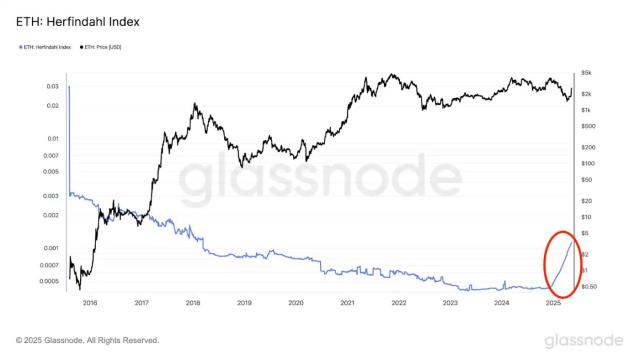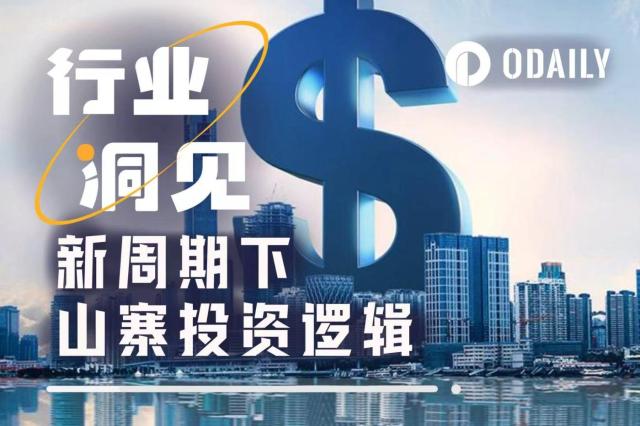TokenPost
Hello. This is the TokenPost podcast. Today, we will look at the Tiger Research published on TokenPost on July 7th. We will delve deeper into the interesting competition of how the future of finance will be reshaped on the blockchain. Especially, the big players in the financial world, J.P. Morgan and the crypto-native company Circle, are trying to take the lead in on-chain financial infrastructure in slightly different ways. Let's take a closer look at this.
Host
Yes, that's right. It's like a chess game for designing the future financial system. On one side, they are testing new technologies on an already powerful fortress, while on the other side, they are starting from a completely new technology-based foundation to build a robust fortress of institutional finance. In other words, this is the point where traditional finance and new technologies directly meet.
TokenPost
Let's first look at J.P. Morgan's moves. Recently, they started a trial operation of a deposit token called JPMD on Base, the Layer 2 network of Coinbase's public blockchain. A traditional bank directly issuing assets on an open network is quite groundbreaking.
Host
That's right. This JPMD is an attempt to combine the stability of existing bank deposits with the efficiency of blockchain technology. When customers deposit dollars, it is recorded as a liability on the bank's balance sheet. Simultaneously, a token of the same value is issued on the blockchain and can move freely. There's an important difference here. Unlike typical stablecoins, this JPMD can potentially provide deposit protection or interest income to token holders, almost similar to bank deposits. It becomes a direct liability of the bank, not just relying on a reserve pool. Of course, with a 1:1 dollar exchange guarantee. From the user's perspective, they can expect a much more certain value.
TokenPost
I see. For example, when converting tokenized assets like BlackRock's BUIDL fund back to cash using JPMD, redemption can be done within 24 hours. Wow, this will be much more convenient.
Host
Exactly. This goes beyond mere convenience. Looking at the growth of the stablecoin market, they think, "We need to do something, but we want to maintain the stability of the existing financial system." It's a very realistic strategy of adopting new technologies to enter the on-chain financial ecosystem. Of course, it's currently for institutional clients and quite far from complete decentralization, but it's still a meaningful attempt. It's an important milestone showing how institutional finance can utilize blockchain.
TokenPost
Yes, that's true. On the other hand, Circle, the issuer of the stablecoin USDC, seems to be taking a completely different path. Starting from a technology base, they now want to enter the institutional realm.
Host
Yes, Circle recently applied to establish a trust bank with the Office of the Comptroller of the Currency (OCC). Currently, USDC reserves are held at BNY Mellon and managed by BlackRock. This is a strategic move to break away from this structure and secure direct control over reserve storage and management.
TokenPost
What specifically changes when becoming a trust bank?
Host
First, they can directly store and manage reserves. They can diversify their revenue model. Furthermore, it provides a stepping stone to potentially expand into cryptocurrency custody services for institutions. It's essentially an attempt by a tech company to evolve into a financial institution.
TokenPost
A tech company trying to become a bank. In a way, it's somewhat paradoxical. Are they giving up their strengths as a crypto-native company, such as speed and flexibility, in favor of institutional stability? If there are gains, there are certainly losses.
Host
That's right. There's definitely a trade-off. Becoming a trust bank opens up new opportunities like reserve management profits and custody services, reducing external dependencies and creating a more sustainable operational foundation in the long term. However, at the same time, they'll be subject to much stricter regulatory oversight, and decision-making speed might slow down. This can be seen as a crucial experiment in how crypto companies can survive within the institutional framework.
TokenPost
It's indeed an interesting contrast. The traditional powerhouse J.P. Morgan is trying to expand the existing order by adopting new technologies, while the tech company Circle is trying to enter the institutional realm and create a new order, seeping into each other's territories.
Host
Yes, that's exactly right. You should pay attention to this point of boundary convergence. In the past, when it was about fintech competition, it mostly remained in areas like user interface or experience improvement. But now it's different. It's a competition about who will lay the new rails of the fundamental financial system's asset issuance, movement, and settlement. It's a much more fundamental change. Here, how well each utilizes and protects their strengths and competitive advantages will be the key. JP Morgan's advantage is undoubtedly its massive capital, regulatory know-how, and credibility. On the other hand, Circle's advantage is technical agility and deep understanding of the cryptocurrency market. We must balance these well. For example, like Deutsche Bank experienced difficulties during digital transformation, traditional banks might collide with internal systems if they try to move too much like tech companies.
Host
Conversely, tech companies might lose their innovation momentum by excessively accepting regulations.
TokenPost
Ultimately, rather than who wins or loses, it's more important how players with different strengths interact to create the future financial ecosystem together. It looks like a journey where they seem to be taking different paths but ultimately heading towards the same destination.
Host
That's exactly right. That's a very accurate observation. Here, I want to ask listeners one question. In this situation where the boundaries between traditional finance and new technology are gradually breaking down and crossing each other's domains, where do you see the biggest opportunity in the future way of handling charity and money, and conversely, what risks do you think we should be most cautious about?
TokenPost
Yes, it seems like a question worth deeply contemplating from each perspective. This concludes the TokenPost podcast.







